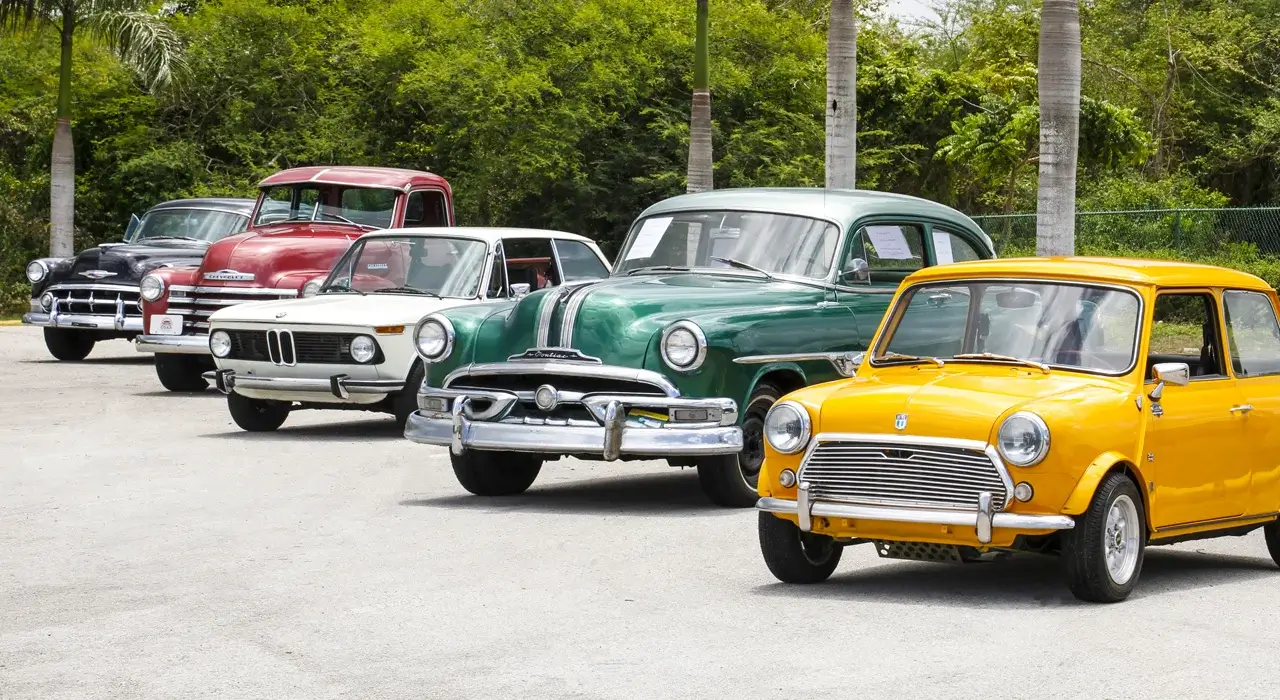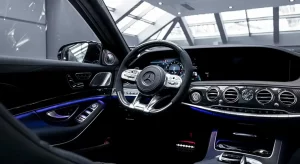Why spend tens of thousands of dollars on a new vehicle when you can buy a used car? Such an idea seems quite logical, especially given the desire of many people to save money. In general, there is no reason why such a purchase looks unsuccessful. But you should understand that any coin has a reverse side.
Not all salespeople will be honest with you, so you should be prepared in advance. Here are the key things to check when buying a used car. Surely knowing the key secrets will allow you not to lose money and become a good vehicle owner. Furthermore, once you have purchased one, it’s highly recommended to get an extended car warranty in case something stops working on your new ride.
Why Are Pre-Checks So Important?
Are you ready to lend money to a person you have never seen before? What if this person arrives from another country for a few days and will buy a plane ticket soon? It would be naive to believe that a stranger will return your money, especially if the distance between you increases by tens of thousands of miles.
Buying a used car also comes with certain risks. Moreover, you should not believe the marketing gimmicks and words, even if the seller looks like a nice person! Take a look at the key nuances not to regret a hasty purchase.
Suggestion: 9 Best Longest Lasting Car Air Freshener Review in 2022 To Buy Online
Used Car Documentation
Before giving money to anyone, you should check the service book as it is a very valuable source of information. Here you can find out what problems have been fixed with the engine, gearbox, shock absorbers, or steering wheel. As a rule, car owners have special folders with recipes, so you have to ask the seller to let you see the payment history.
And take a look at MoT certificates, as some car owners love the illegal practice of “winding back” the odometer. A detailed vehicle history check will allow you to eliminate any unpleasant aspects associated with traffic accidents and replace car parts.
So, before buying a used car, make sure that you visit Reg Car Check to check the detailed history of the vehicle. This history includes all the records associated with vehicle performance, engine specifications, mileage timeline, and much more.
Additionally, you can also learn more about the used car’s history by knowing the VIN number, which is located on the driver’s side dash of the vehicle. You should Check VIN for free to track recalls, registrations, safety equipment, engine displacement, and insurance coverage.
A Vehicle Identification Number (VIN) is a long 17-digit number used to identify a vehicle’s specification, including the vehicle’s year of manufacture, its engine type, and the car’s unique features.
Check the Car Body
Imagine that you came for a test drive and saw the perfect car with an even layer of paint and a shiny body without any deformations. Usually, beginners lose their heads and proceed to prepare papers instead of using common sense. Can a very old car look like a show sample? So you should buy an ultrasonic thickness gauge to check every metal part of your future car. The fact is that many car factories use automated lines for painting the car body. So this means that the thickness of the coating will be equal on any side.
By purchasing an ultrasonic thickness gauge or hiring an expert, you can determine which part of the vehicle was deformed due to a car accident. But get ready to spend all day looking for a device or reliable expert to help you check the thickness of the paintwork. What if you are a student and don’t have much time for such activities? In this case, you should delegate your papers to writing services. But first, read a few positive speedypaper reviews to know which companies you should trust.
Check the Engine, Gearbox, and Clutch
Perhaps you should enlist the help of an expert and check all the engine, gearbox, and clutch. The fact is that the engine’s durability depends on how long all movable parts and fasteners will work. This parameter is extremely important, especially if you choose a car bought more than ten years ago. Surely the engine overhaul procedure is not included in your plans. In addition, you should check the gearbox and clutch. All moving parts must operate smoothly and shift in sequence without clicking, mechanical grinding, or pressure.
Check the Interior
Let’s say you checked every inch of the car’s body and found no signs of deformation or custom welding spots. Now you have to check the interior so get ready for a long procedure of analyzing the seats, side panels, and all surfaces.
Popular For You: 11 Salient Questions to Ask When Buying A Used Car
The car’s interior must be clean, without any scratches, stains, or signs of deformation. In addition, you should pay attention to the smell. If the seller spilled any substances on the seats or surfaces, then it will be difficult for you to clean them from dirt and unpleasant odors. And do not forget that all the lights and indicators must turn on correctly, as replacing electrical components can be expensive.
Final Words
As you can see, there are quite a few nuances that you should analyze before you start buying a car. Try to make a checklist in advance or hire a car expert to save time. Buying a used vehicle can only be profitable if you don’t have to invest thousands of dollars to buy new components. Try to make a list of actions in advance if you like any sedan or hatchback. Such a strategy will allow you to minimize risks and not lose money. In any case, try to keep your emotions under control. Not all that glitters is gold, especially when it comes to old cars! Caution is a privilege available to all people, so do not neglect it.
Discover more from Locar Deals
Subscribe to get the latest posts to your email.





